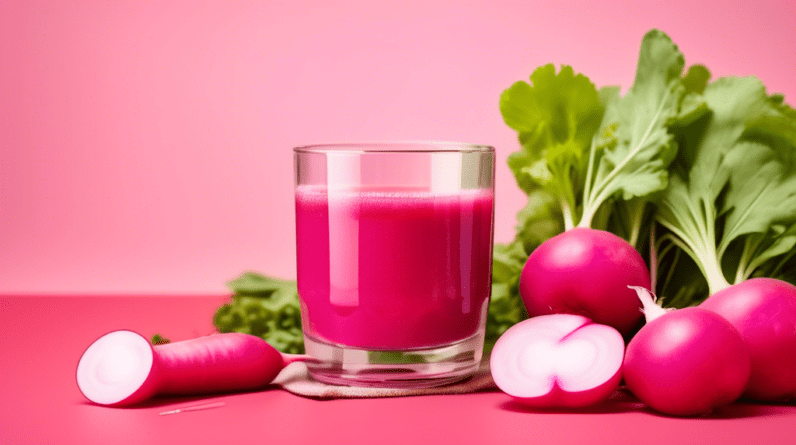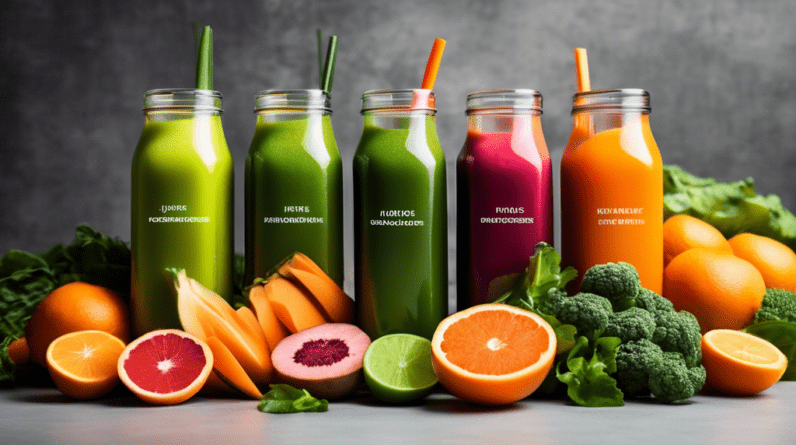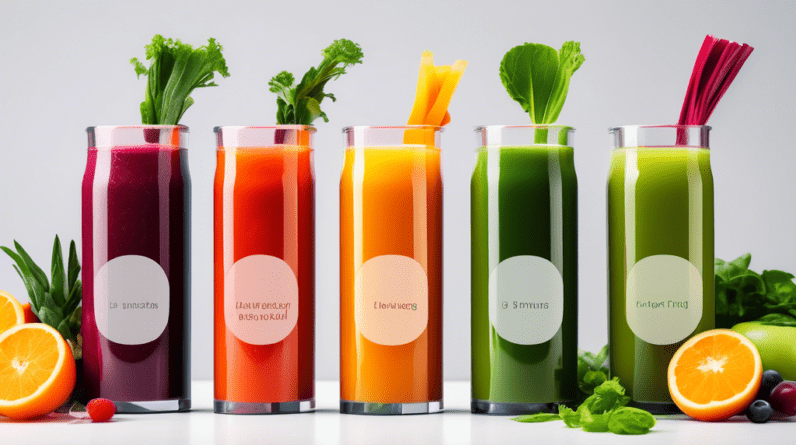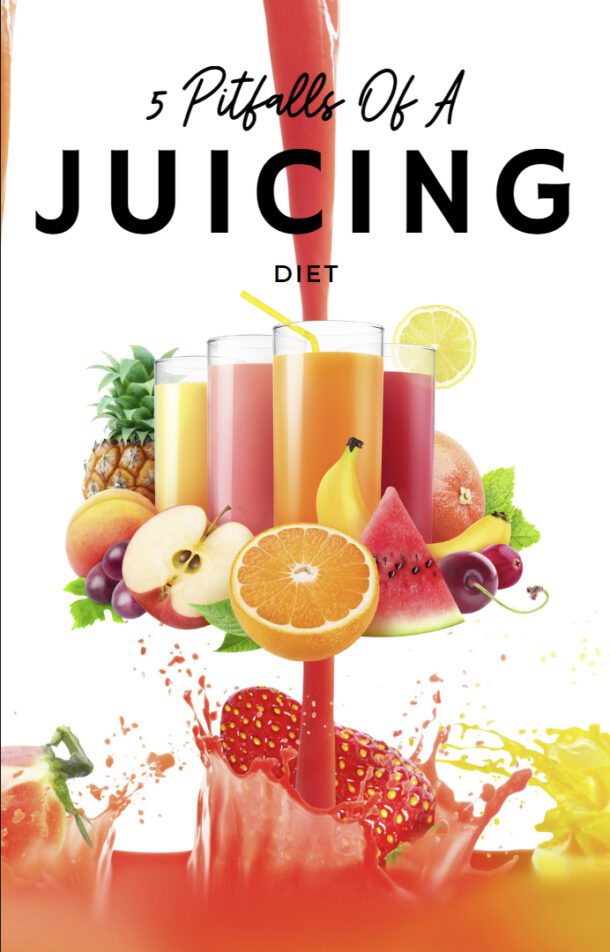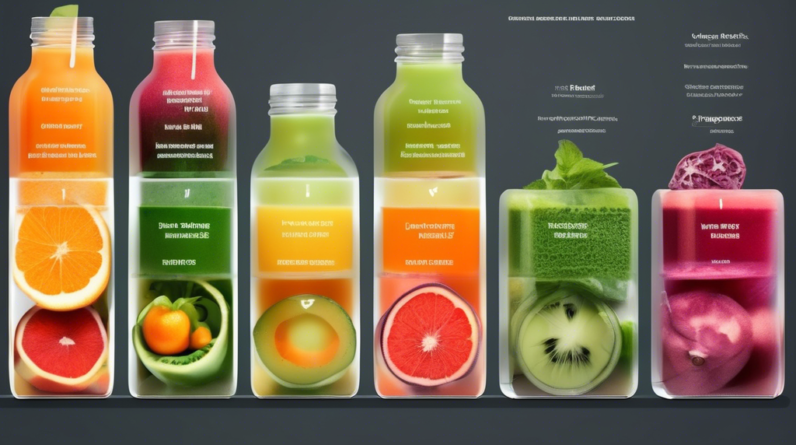
Juicing has gained popularity as a health trend, with many claiming benefits for wellness and vitality. However, it is essential to understand both the pros and cons of juicing to make informed choices about incorporating it into your diet. This article delves into the health benefits as well as the potential risks associated with juicing, providing a comprehensive overview of its implications for your health.
Health Benefits of Juicing
One of the primary advantages of juicing is its ability to enhance nutrient absorption. When you juice fruits and vegetables, the fibrous components are removed, allowing for quicker absorption of vitamins, minerals, and antioxidants. This can be particularly beneficial for individuals who struggle to consume the recommended daily intake of fruits and vegetables. By juicing, these nutrients can be received in a concentrated form, potentially addressing deficiencies in one’s diet.
Moreover, specific types of juices, such as pomegranate and apple, have been linked to improvements in cardiovascular health. These juices may help in reducing blood pressure and lowering cholesterol levels, contributing positively to overall heart health. Additionally, juices that are rich in polyphenols have shown promise in lowering the risk of chronic diseases like cancer and Alzheimer’s, showcasing the potential protective effects of certain juices.
Potential Risks of Juicing
Despite its appealing benefits, juicing has its downsides that shouldn’t be overlooked. A significant concern is the lack of dietary fiber, which is mostly lost during the juicing process. Fiber plays a crucial role in digestion, promotes feelings of fullness, and helps regulate blood sugar levels. When consumed in juice form, the high sugar content can lead to rapid spikes in blood sugar, especially since fiber, which usually slows the absorption of sugar, is absent.
Additionally, juices can be deceptively high in calories, which could contribute to unwanted weight gain if consumed excessively. It’s advisable to be mindful of portion sizes when including juices in your diet. Furthermore, the notion that juicing detoxifies the body is largely unfounded, as there is little scientific support for such claims. Juicing should not replace whole foods, as the latter retains essential nutrients and fiber that can be beneficial for your health.
In conclusion, while juicing can offer a convenient way to increase nutrient intake, it’s important to consume it in moderation and not as a substitute for whole fruits and vegetables. Consultation with a healthcare professional may be beneficial, especially for those with pre-existing health conditions like diabetes. Understanding both the positives and negatives can help individuals make well-rounded dietary choices that promote overall well-being.


